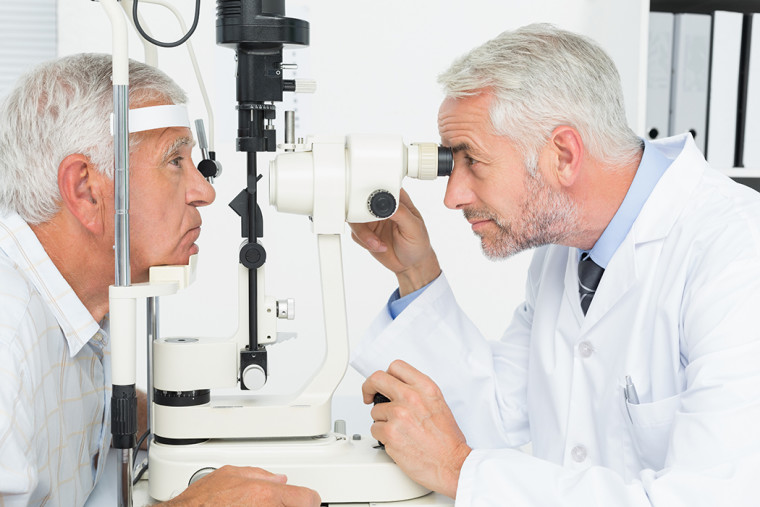All Categories
Featured
Table of Contents

Routine eye assessments are necessary for maintaining great vision and detecting prospective eye health issues early. Nevertheless, the regularity of these exams can vary significantly based upon a person's age, lifestyle, and overall health. Recognizing the advised routine for eye exams can assist ensure that people of every ages get suitable treatment and tracking for their eye health.
Infants and Toddlers (0-2 Years)
For infants and young children, eye tests are important for spotting any potential vision issues early on. The American Academy of Ophthalmology suggests that a child's first eye exam must happen at around six months of age. During this initial check out, the eye care professional will analyze the child's aesthetic development and check for any type of obvious eye concerns.Following this initial exam, it is suggested that kids have another eye examination at age three. This go to will certainly concentrate on analyzing the kid's general visual function, including eye placement and the capability to track items. If no problems are identified, the following examination must be set up before the kid starts institution, typically around age 5 or 6.
School-Aged Children (6-18 Years)
Once kids reach school age, normal eye exams must be arranged each to two years. Vision is critical for finding out and growth, and numerous schools conduct vision testings. These screenings do not replace a detailed eye exam by an eye treatment professional.For children associated with sporting activities or activities requiring substantial visual focus, yearly eye examinations may be advisable. In addition, if a youngster shows signs of vision problems-- such as trouble reading, squinting, or regular frustrations-- a visit to the eye medical professional must be arranged immediately.
Young Person (19-39 Years)
Young adults usually have fewer vision changes than older age, but regular eye examinations remain necessary. The general suggestion is to schedule an eye test every 2 years throughout this period. Individuals with certain risk aspects-- such as a family history of eye condition, diabetes mellitus, or those who wear get in touch with lenses-- must think about annual eye examinations.Furthermore, those who spend considerable time on electronic tools might experience electronic eye strain. If signs such as dryness, tiredness, or blurred vision take place, it may be wise to see an eye treatment professional earlier.
Grownups (40-64 Years)
As people enter center age, the likelihood of establishing vision issues increases. Grownups aged 40 to 64 need to schedule eye exams every one to two years. This age might start to experience presbyopia, an all-natural age-related condition that makes it testing to concentrate on close things. Eye tests can additionally assist detect various other typical age-related conditions such as glaucoma, cataracts, and macular deterioration.If individuals in this age have risk variables such as hypertension or diabetes, they might need even more constant examinations to monitor their eye wellness carefully.
Seniors (65 Years and Older)
For senior citizens, routine eye tests come to be also extra crucial. The American Optometric Organization recommends that individuals aged 65 and older have an eye examination at least as soon as a year.Conclusion.
Understanding the suitable timetable for eye exams based on age is crucial for keeping ideal eye health and wellness throughout life. From babies to seniors, regular eye exams play an important function in detecting concerns early and guaranteeing that vision stays sharp. By adhering to these guidelines and seeking advice from an eye care professional, people can take positive actions towards protecting their vision and general health. Whether it's a kid's very first browse through or an elderly's annual exam, prioritizing eye treatment is a financial investment in long-lasting well-being.Latest Posts
An Elegant Getaway: The Claridge Indoor Pool
Published Feb 11, 25
1 min read
How Can Clients Personalize Furniture to Suit Their Home Decor?
Published Jan 22, 25
0 min read
Leading Patterns in Custom Furniture Layout for 2025
Published Jan 17, 25
0 min read